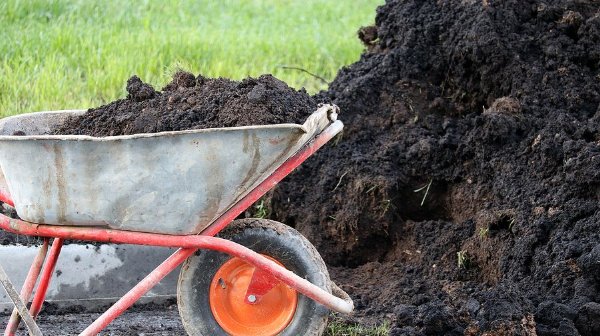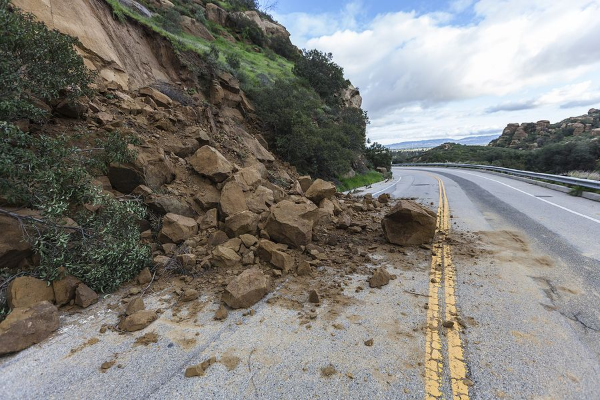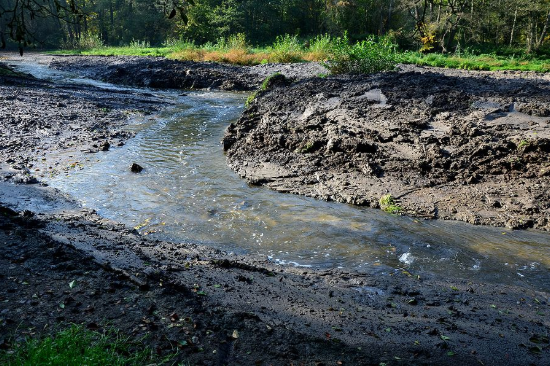How to Avoid Grading Violations in Santa Rosa & Sonoma County
Grading is one of the most important steps in preparing a site for development, yet it is also one of the easiest to overlook. Whether building a home, planting a vineyard, or starting a commercial project, how the ground is shaped will determine drainage patterns, slope stability, and long-term site performance. In Sonoma County, grading is tightly regulated to protect public safety, water quality, and the environment. When grading is done without proper authorization, the result is frequently a violation that can lead to fines, project delays, or even long-term restrictions on property use.
Sonoma County’s grading regulations apply broadly to earthwork, drainage changes, and slope modifications, and are meant to prevent erosion, sedimentation, and flooding. Agricultural projects face additional oversight under the Vineyard and Orchard Erosion Control Ordinance, known as VESCO, which sets specific standards for vineyard and orchard development to protect soil and watershed health. Knowing when a grading permit is required is the first step in preventing violations. Generally, a permit is required for any project moving a total of fifty cubic yards or more (which is often less than one might think), near a natural water feature, or on unstable sites. Best Management Practices (BMPs), such as straw wattles and sediment bags, should always be included in any grading project.
If grading is performed without a permit, applicants must not only seek approval retroactively but also provide detailed plans documenting conditions before and after the violation, as well as proposed corrective work. Enforcement measures can escalate from administrative notices to daily fines, and in cases where violations are not corrected, the City or County may record a notice on the property title, complicating resale or financing. The consequences of grading violations extend beyond financial penalties. Improper grading can destabilize slopes, redirect stormwater onto neighboring properties, or damage creeks and wetlands. Property owners may be required to remove fill, restore natural drainage patterns, and replant vegetation — often at significant expense.
Avoiding violations is beneficial for all parties and requires careful planning and early engagement with local agencies. Before moving soil, property owners should confirm whether a grading permit is required, which depends on the scope of work, site sensitivity, and proximity to waterways or steep slopes. Thoughtful design that incorporates erosion control measures and protects natural drainage can prevent issues both during and after construction.
At BC Engineering Group, we help clients navigate the complex regulatory landscape of Sonoma County and its cities. Our team is experienced in preparing grading plans, coordinating with planning and code enforcement staff, and assisting with remediation when unpermitted work has already occurred. By addressing grading requirements proactively, projects can move forward smoothly while protecting both the land and the property owner’s investment. Should you have any questions about BC Engineering Group’s design services or if you are in need of a Licensed Civil Engineer, feel free to reach out to our offices at (707) 542-4321.







